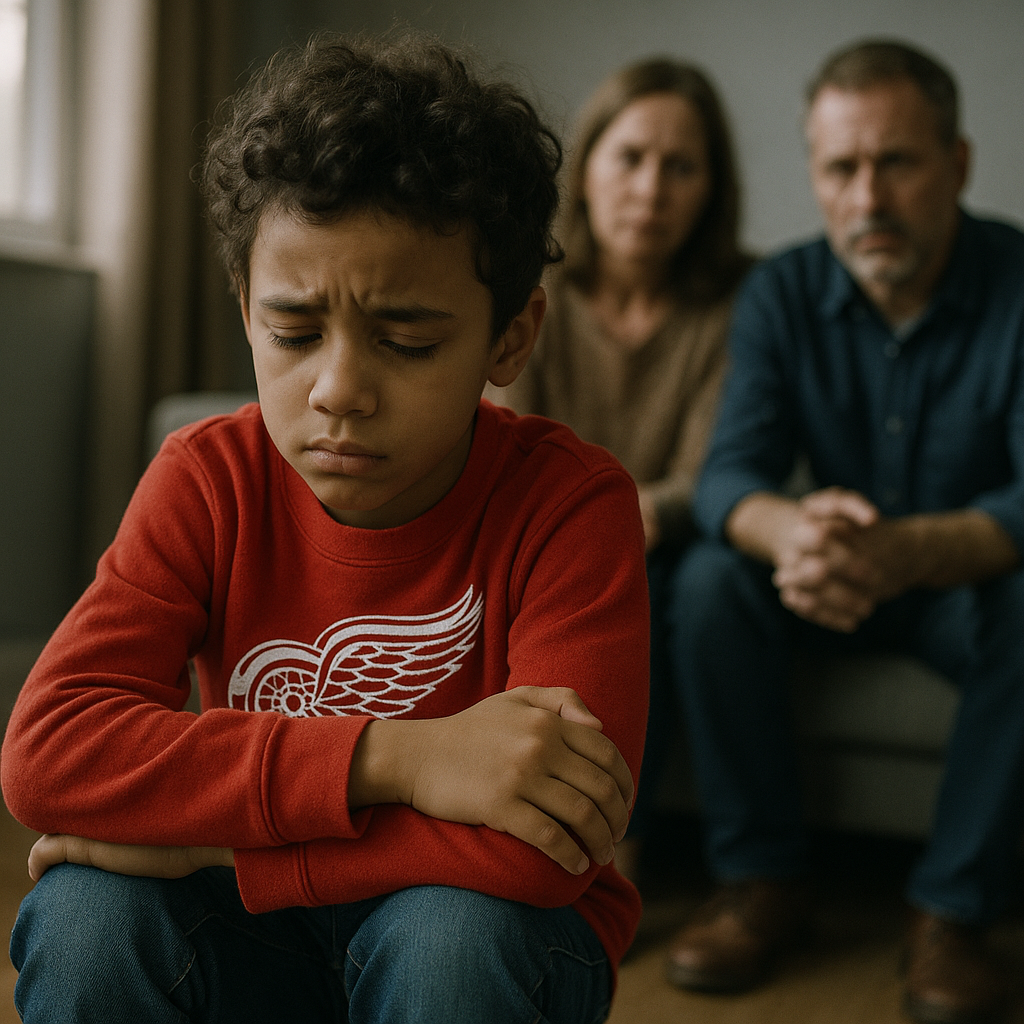
The Hidden Toll of Foster Care: How Children Suffer After Being Removed From Their Families
Numerous studies have shown that children removed from their homes and placed in foster care often suffer significant emotional trauma—even when their family environment wasn’t ideal. Whether due to abuse allegations, neglect, or misunderstandings, the process of forced separation is deeply disruptive and can leave lasting psychological scars.
Children in foster care grieve the loss of their families, their routines, and everything familiar. This emotional upheaval frequently leads to serious mental health challenges, many of which can make daily functioning—and long-term stability—more difficult.
Foster Care Trauma Is Real—and Common
Even when a child is removed for their safety, the experience of being separated from parents and siblings and placed in the care of strangers is rarely benign. Foster youth often struggle with:
- Loss of trust
- Difficulty forming healthy attachments
- Behavioral disorders
- Mental health conditions, including depression and anxiety
Below, we examine two of the most common diagnoses among children in Michigan’s foster care system.
Depression in Foster Youth
Depression is alarmingly common among children in foster care. These youth are often processing the trauma of:
- The circumstances that led to removal (such as abuse or neglect),
- And the pain of being separated from their parents and siblings.
When left unaddressed, depression can lead to self-harming behaviors, academic decline, substance abuse, and even suicide. Common signs of depression in foster youth include:
- Persistent sadness, hopelessness, or despondency
- Changes in sleep (insomnia or excessive sleep)
- Loss of appetite or binge eating
- Social withdrawal or extreme irritability
- Difficulty focusing or engaging with others
- Low self-esteem or feelings of worthlessness
- Thoughts of self-harm or suicidal ideation
Anxiety Disorders in Foster Care
Anxiety disorders—which go far beyond temporary worry—are another frequent result of childhood trauma. For foster children, the uncertainty of being removed from their homes, coupled with a fear of the unknown, can create lasting psychological distress.
Signs of chronic anxiety in children may include:
- Difficulty sleeping or frequent nightmares
- Muscle tension or physical discomfort without clear cause
- Rapid heartbeat, chest tightness, or panic attacks
- Difficulty concentrating or racing thoughts
- Fear of separation or constant worry about safety
- Overreacting to everyday stressors or emotional triggers
Left untreated, these conditions can severely impact a child’s academic progress, ability to form relationships, and overall mental health.
Children Do Better When Kept Safely With Their Families
While some child removals are necessary for protection, research consistently shows that children fare better emotionally and developmentally when they can remain safely with their families, with appropriate support services in place. Unfortunately, CPS sometimes removes children too quickly or without exploring alternatives, causing unnecessary trauma.
At The Kronzek Firm, we work tirelessly to prevent unnecessary removals and help parents navigate CPS investigations and family court proceedings. If you’ve been accused of abuse or neglect and are facing the loss of your children to foster care, you need skilled legal representation immediately.
📞 Call us today at (866) 766-5245 for a free, confidential consultation. Our experienced and aggressive child abuse defense attorneys are available 24/7, including nights and weekends.
Don’t let CPS break up your family. Let us help you fight for your children—and your future.
